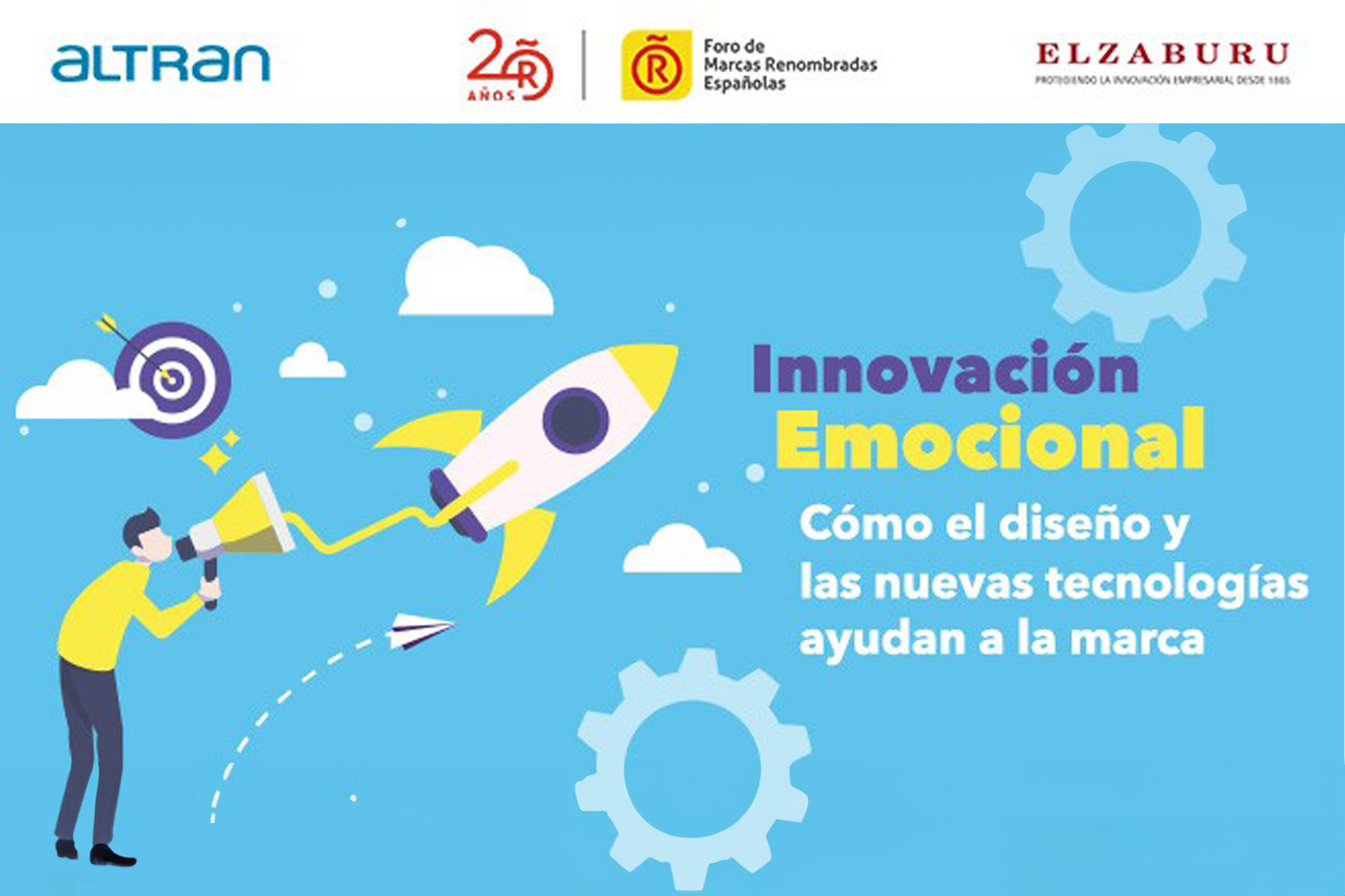In this second installment of the article “It's not you, it's me”, we begin to analyze the defense mechanisms that the criminal court order
makes available to those affected by impersonation or usurpation.
You can access the first delivery here
2. MECHANISMS OF
DEFENSE AGAINST IMPLANTERS AND USURPERS
DEFENSE AGAINST IMPLANTERS AND USURPERS
The Spanish legal system makes available to the
affected various means of protection in the criminal, civil and
administrative, mainly.
affected various means of protection in the criminal, civil and
administrative, mainly.
 |
| vintage comic Via Flickr |
A) Medals
criminal jurisdiction.
criminal jurisdiction.
Generally in Spain,
the first way of defense against usurpation or impersonation
What is proposed is the criminal one.
the first way of defense against usurpation or impersonation
What is proposed is the criminal one.
This is due first
Secondly, usurpation and impersonation are perceived as
especially serious for the people affected, by frontally attacking a property
legal as valuable as personality.
Secondly, usurpation and impersonation are perceived as
especially serious for the people affected, by frontally attacking a property
legal as valuable as personality.
Second, the
crime of usurpation of civil status is regulated in the Article 401 of the
Penal Code. Neither doctrinally nor jurisprudentially there is a consensus on what
must be understood as “usurpation of civil status”, whenever personality or
identity does not seem to fit, prima facie, in this concept.
crime of usurpation of civil status is regulated in the Article 401 of the
Penal Code. Neither doctrinally nor jurisprudentially there is a consensus on what
must be understood as “usurpation of civil status”, whenever personality or
identity does not seem to fit, prima facie, in this concept.
We do not want to fail to highlight that the classification of the infraction is
important when pursuing this type of behavior.
important when pursuing this type of behavior.
In addition, The usurpation of the identity of a third party is frequent to, either
slander or insult this person or third parties. The articles 205 to 210 Of code
Criminal offenses of slander and slander are classified. Briefly, it constitutes a
slanders the imputation of a crime made with knowledge of its falsehood or
reckless disregard for the truth. For its part, insult is a action
or expression that harms the dignity of another person, undermining his or her fame or
attacking his own self-esteem.
slander or insult this person or third parties. The articles 205 to 210 Of code
Criminal offenses of slander and slander are classified. Briefly, it constitutes a
slanders the imputation of a crime made with knowledge of its falsehood or
reckless disregard for the truth. For its part, insult is a action
or expression that harms the dignity of another person, undermining his or her fame or
attacking his own self-esteem.
The Provincial Court of Segovia (Section 1), in its ruling no. 32/2011 of May 24, appreciates the existence of usurpation, interpreting this
restrictive concept. However, the judicial bodies accept with
ease the existence of a crime or lack of injury. In this case, some
minors created a false profile in Tuenti in the name of the victim, where
They posted photos ridiculing her and criticizing friends, with the consequent
damage to their social relationships.
restrictive concept. However, the judicial bodies accept with
ease the existence of a crime or lack of injury. In this case, some
minors created a false profile in Tuenti in the name of the victim, where
They posted photos ridiculing her and criticizing friends, with the consequent
damage to their social relationships.
According to the judgment, usurpation has to transfer its effects to the world
analogical, since “he who limits himself to a fiction does not commit the crime
sporadic” but requires that it occur “with a certain continuity and
transcendence” and that the usurpation is “total”. This interpretation ignores the
effects (often lasting) of a usurpation in the network such as
occurred.
analogical, since “he who limits himself to a fiction does not commit the crime
sporadic” but requires that it occur “with a certain continuity and
transcendence” and that the usurpation is “total”. This interpretation ignores the
effects (often lasting) of a usurpation in the network such as
occurred.
In this context, it is not unusual for jilted ex-partners to create profiles
with sensitive personal data and intimate photographs and/or videos.
Within the Spanish casuistry on this topic, we have the well-known case of
Olvido Hormigos (which gave rise to a proposal for modification in the project of
reform of the Penal Code).
with sensitive personal data and intimate photographs and/or videos.
Within the Spanish casuistry on this topic, we have the well-known case of
Olvido Hormigos (which gave rise to a proposal for modification in the project of
reform of the Penal Code).
Although these behaviors are commonly manifested through creación
of new profiles using the victim's pre-existing information, another way
of usurping the personality of a third party consists of access profiles or
email accounts that this one already has created, to, from them, operate as if
was the usurped one.
of new profiles using the victim's pre-existing information, another way
of usurping the personality of a third party consists of access profiles or
email accounts that this one already has created, to, from them, operate as if
was the usurped one.
This is achieved through two techniques:
(a) Hacking: It is defined as the action of breaking in or entering forcefully.
to a computer system or network. Access to another person's account through this
technique could be considered a form of discovery and revelation of
secrets, according to the Article 197 of the Penal Code.
to a computer system or network. Access to another person's account through this
technique could be considered a form of discovery and revelation of
secrets, according to the Article 197 of the Penal Code.
In Spain, in 2012, on the occasion of the Real Madrid-FC Barcelona derby, a
hacker attacked the Twitter profiles of footballers Daniel Alves, Rafael
Marquez, among others. In the course of
attack dedicated messages of love to Cristiano Ronaldo, who has received
recently the Ballon d'Or, and they praised the hacker himself.
hacker attacked the Twitter profiles of footballers Daniel Alves, Rafael
Marquez, among others. In the course of
attack dedicated messages of love to Cristiano Ronaldo, who has received
recently the Ballon d'Or, and they praised the hacker himself.
(B) cracking: In the event that to access the account or profile of a
third party causes damage to computer systems to bypass or obtain
keys and passwords, we would be facing a crime classified in the Article 264
of the Penal Code, “damage to networks, supports or computer systems.”
third party causes damage to computer systems to bypass or obtain
keys and passwords, we would be facing a crime classified in the Article 264
of the Penal Code, “damage to networks, supports or computer systems.”
If in addition the impersonator, once he has accessed, impersonates the owner
or owner of the profile or account, we would find ourselves facing a crime of
impersonation.
or owner of the profile or account, we would find ourselves facing a crime of
impersonation.
 |
| Bank robbery Via Wikipedia |
(C) Phishing: It is a way to deceive
users to reveal personal or financial information through the
sending an email message in which the customer is asked for a
a certain banking entity, mainly, that enters its access codes
(e.g. bank card number and pin) on a fraudulent website that
reproduces the appearance, design, corporate language, etc., of the entity
legitimate. The goal they pursue is to have access to private accounts and
profit
users to reveal personal or financial information through the
sending an email message in which the customer is asked for a
a certain banking entity, mainly, that enters its access codes
(e.g. bank card number and pin) on a fraudulent website that
reproduces the appearance, design, corporate language, etc., of the entity
legitimate. The goal they pursue is to have access to private accounts and
profit
Phishing is
an activity typified by the article 248.2 of the Penal Code and
constituting fraud. To the extent that the commercial communications of the
victim are being captured by a third party without express authorization to
this, thus achieving confidential and secret information; may involve a
crime of discovery and disclosure of secrets of the article 197
of the Penal Code.
an activity typified by the article 248.2 of the Penal Code and
constituting fraud. To the extent that the commercial communications of the
victim are being captured by a third party without express authorization to
this, thus achieving confidential and secret information; may involve a
crime of discovery and disclosure of secrets of the article 197
of the Penal Code.
If damage occurs resulting from the activities of the
fraudsters, a crime of damages classified in
el Article 263 and following of the Penal Code.
fraudsters, a crime of damages classified in
el Article 263 and following of the Penal Code.
Entities such as Bankia or BBVA have been victims of
this type of corporate impersonation, which results in economic losses
for clients, discredit for the entity and its information systems,
as well as the need to resort to criminal jurisdiction, together with the client,
for the prosecution of this type of behavior. In this case, the affected victims
There are two: the client who has been deceived and the bank.
this type of corporate impersonation, which results in economic losses
for clients, discredit for the entity and its information systems,
as well as the need to resort to criminal jurisdiction, together with the client,
for the prosecution of this type of behavior. In this case, the affected victims
There are two: the client who has been deceived and the bank.
Furthermore, with the help of insurance companies,
Entities usually return to clients the amounts taken from their
affected bank accounts, as long as it is established that they have reported the deception and
undertake to collaborate with the bank in the persecution of the usurpers.
Entities usually return to clients the amounts taken from their
affected bank accounts, as long as it is established that they have reported the deception and
undertake to collaborate with the bank in the persecution of the usurpers.
Far from disappearing, This is a long-term phenomenon and highly
adaptable. In the last semester we have witnessed several waves of emails
fraudulent that posing as “Spain Box","MasterCard", various
NGOs that supposedly raise funds for disaster victims
natural disasters (such as what happened recently in the Philippines), and even by the
organization of the “Nelson Mandela Humanitarian Awards”, they claim data of a personal nature and fundamentally
banking.
adaptable. In the last semester we have witnessed several waves of emails
fraudulent that posing as “Spain Box","MasterCard", various
NGOs that supposedly raise funds for disaster victims
natural disasters (such as what happened recently in the Philippines), and even by the
organization of the “Nelson Mandela Humanitarian Awards”, they claim data of a personal nature and fundamentally
banking.
In the next installment We will deal with the civil means available to the
affected to confront the behaviors that we have been studying.
Authors: Alba Mª López y Cristina Espín
Visit our web page: http://www.elzaburu.com/





